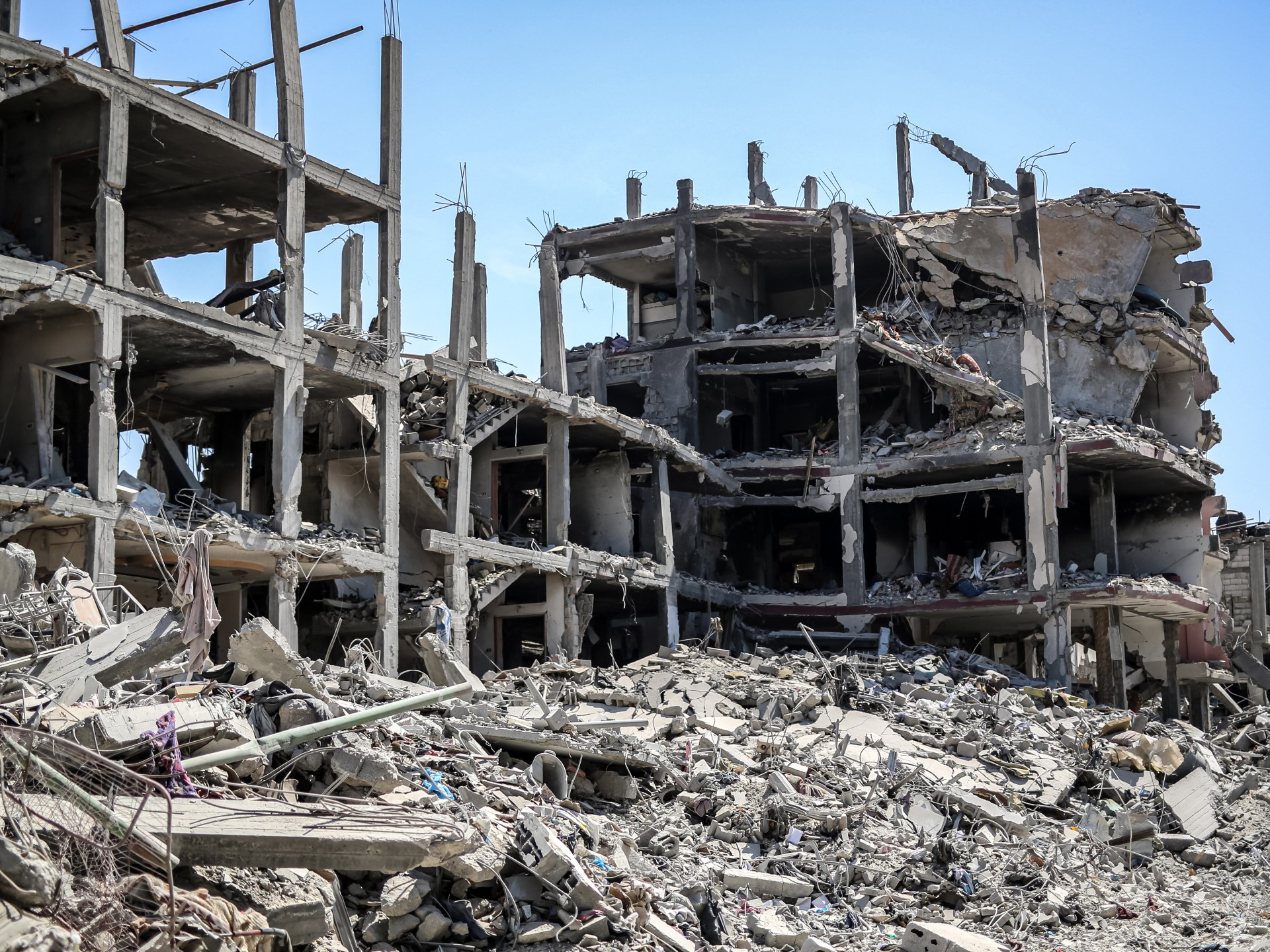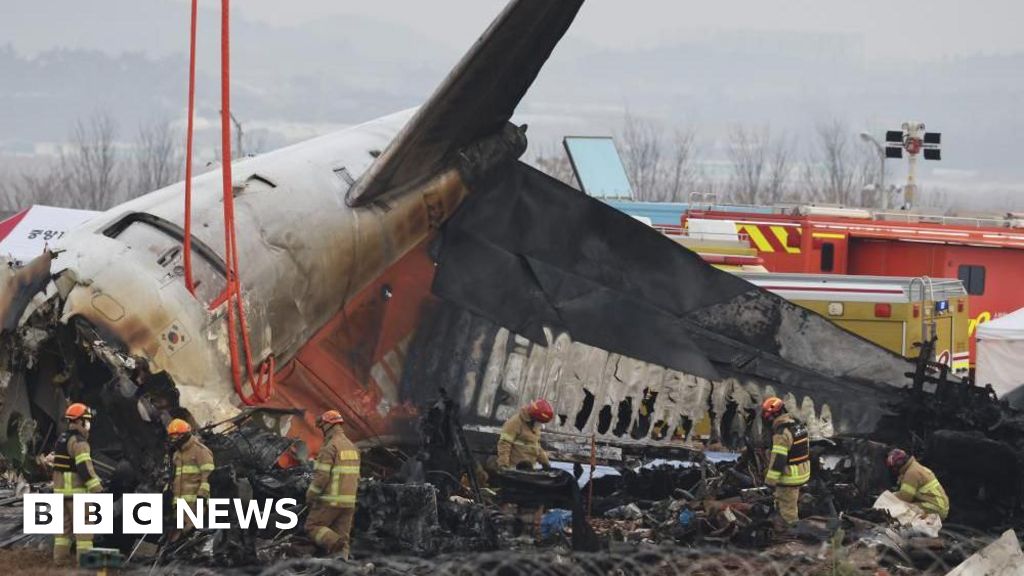Khan Younis ‘smells like death’ as Palestinians return to devastated homes | Israel War on Gaza News
“It smells like death,” says Maha Thaer, a mother of four, as she returns to her devastated home in Khan Younis after Israeli troops announced their withdrawal from southern Gaza.
“We don’t have a city any more, only rubble. There is absolutely nothing left. I could not stop myself crying as I walked through the streets,” said the 38-year-old on Sunday.
“All the streets have been bulldozed. And the smell … I watched people digging and bringing out the bodies,” said Thaer, whose home was partially destroyed.
Soon after the Israeli army said its troops were pulling out, people began to emerge into the devastated landscape, the residents of Khan Younis returning to find what remained of their homes.
Nearly 400,000 people lived in Khan Younis and its environs before October 7. Much of the area is now in ruins after months of Israeli bombardment and heavy fighting.
A straggle of men and boys riding donkey carts, bicycles and the odd pick-up truck headed north out of Rafah in the far south of the Gaza Strip, where more than 1.5 million Palestinians had taken refuge from the relentless Israeli ground invasion and bombardment.
They passed the burned-out shell of Dar Essalam Hospital, with almost all of the buildings around it razed to the ground.
Thaer, from the upmarket Hamad City district in the west of Khan Younis, said she was “very shocked and sad”.
“There were no walls or windows. Most of the towers were completely blown up,” she said.
Thaer said she would move back into her badly damaged apartment, “even though it is not suitable for living, but it is better than tents”.
Her neighbours suffered a greater misfortune. “They found their homes destroyed and they don’t know where they will go,” she said.
Other Palestinians in Gaza carried a mattress on their heads in the hope they would still have four walls to put it in.
One of those who left Rafah on Sunday climbed on the top of a heap of rubble in Khan Younis which once had been a home.
Not a single structure within sight appeared untouched by the war.
Check out our Latest News and Follow us at Facebook
Original Source







